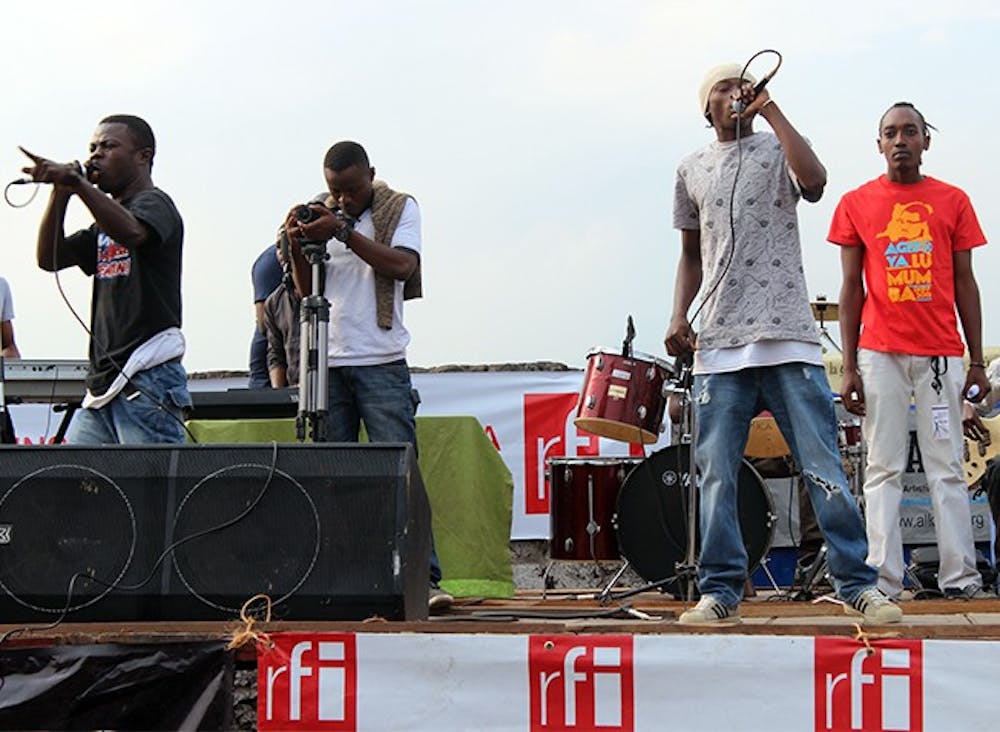Like aspiring artists anywhere, young Congolese musicians have to find a balance between their education and pursuing their art.
Youth in Goma and the Great Lakes region of the Democratic Republic of the Congo, however, have to deal with another decision — either join a rebel militia or be killed by one.
“The conflict that’s taking place right now in the east of the Democratic Republic of the Congo is the deadliest since World War II, where over 6 million lives have been lost — and that’s the conservative estimate,” said Cherie Rivers Ndaliko, a UNC professor who teaches Music 286, called Music as Culture, or Media and Social Change in Africa.
The Congo has about two-thirds of the world’s supply of coltan, a mineral used in all electronic devices. Instead of regulation, multinational companies choose to illicitly extract coltan and other valuable minerals from the area. They arm rebel militias fueled along ethnic lines, leaving the region in constant war and chaos and depriving Congolese youth of almost all opportunity.
And hardly anyone knows about it.
This lack of visibility inspired filmmaker and activist Petna Ndaliko Katondolo, alongside his wife, Ndaliko, to create “Art on the Frontline,” a video series meant to shed light on the region’s horrific conflict and its people.
“(‘Art on the Frontline’) offers something to the rest of the globe to show the humanity of the Congo,” he said. “To show that it’s not only the negative images — the hopeless images — coming from that region that reflects the reality on the ground. There are people making sure that things go well, it’s not only war.”
With a premiere every other Thursday, the videos are a project within YOLE!Africa, an organization founded by Katondolo that strives to create a space where youth have opportunities to engage and reflect on their situation and to start asking questions. “Art on the Frontline,” Katondolo said, helps YOLE!Africa accomplish this.
“The long-term goal is to create an alternative TV, an international window where the people of the Congo will be able to speak by themselves,” he said. “The people in ‘Art on the Frontline’ are different. They don’t have any political agenda. This is real thinking from the people in the streets of Goma. They talk about corruption in the government, mineral exploitation, the price of alcohol — they don’t want to praise anybody, but express their everyday life.”




